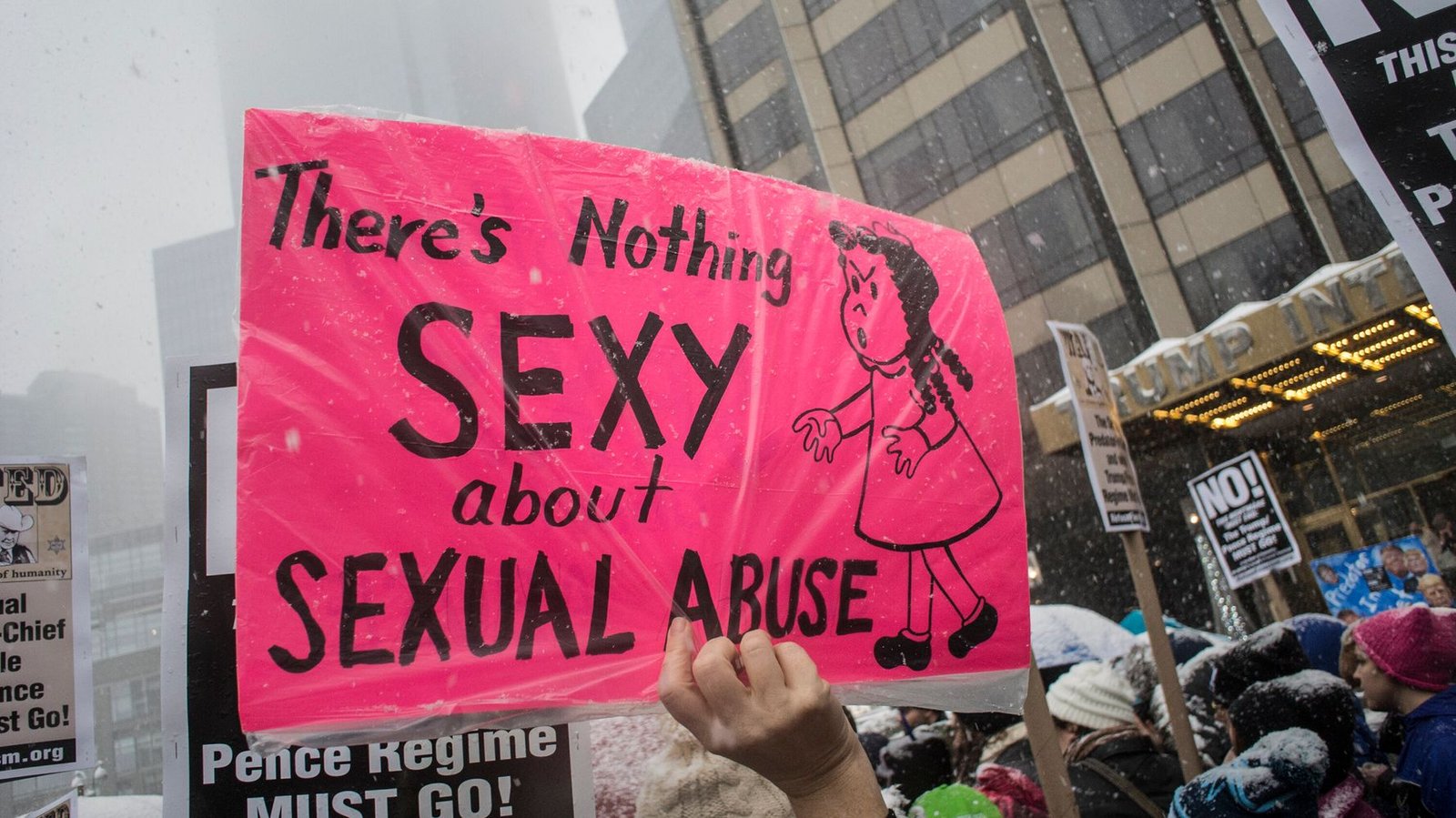Governor Andrew Cuomo signed legislation toughening New York’s existing workplace sexual harassment protections.
“In 2018 a group of former legislative staffers came forward to demand justice for the years of sexual harassment they endured at the hands of powerful lawmakers and state agencies – today we are taking that power and putting it in the hands of survivors and working people of New York,” said bill sponsor and sexual abuse survivor state Sen. Alessandra Biaggi (D-Bronx).
The new legislation changes the state laws regarding sexual harassment in the following ways:
SC directs Political Parties 6 mandatory directions to end the criminalization of Indian politics
- Eliminates the requirement that conduct in the workplace be “severe or pervasive” in order for an action to be brought. The conduct now must only rise above “petty slights or trivial inconveniences.”
- Requires Non-Disclosure Agreements in employment contracts to contain exceptions to allow employees to file a complaint of harassment or discrimination.
- Extends the statute of limitations for employment sexual harassment claims from one year to three years.
- Covers both public and private employers.
- Requires employers to give notice of sexual harassment prevention policy to employees in English and the employee’s primary language.
- Extends protection against harassment to non-employees such as subcontractors, vendors, etc. in the employer’s workplace.
- The construction of the law is to be viewed by the courts liberally regardless of federal civil rights laws.
- Prohibits mandatory arbitration clauses to resolve any allegation or claim of discrimination or harassment.
- Empowers the state Attorney General’s Office to enforce Human as a source of help in addition to local prosecutors.
- Calls for a study on how to improve labor laws to combat harassment and discrimination in the workplace.
The legislation will take effect in three phases starting 60 days after the signing.
A Siena College poll from January 2018 cited 74 percent of New Yorkers agreeing that sexual harassment in the workplace a “significant” problem.










